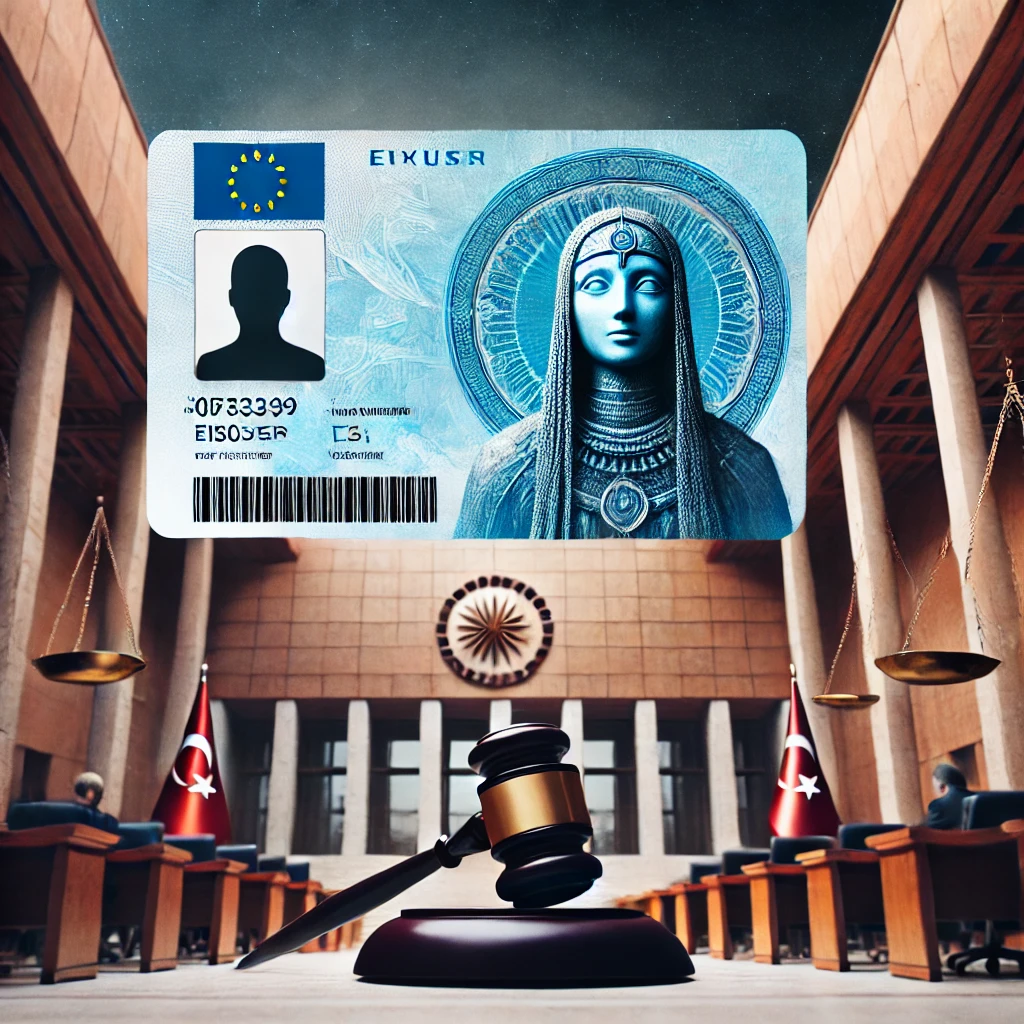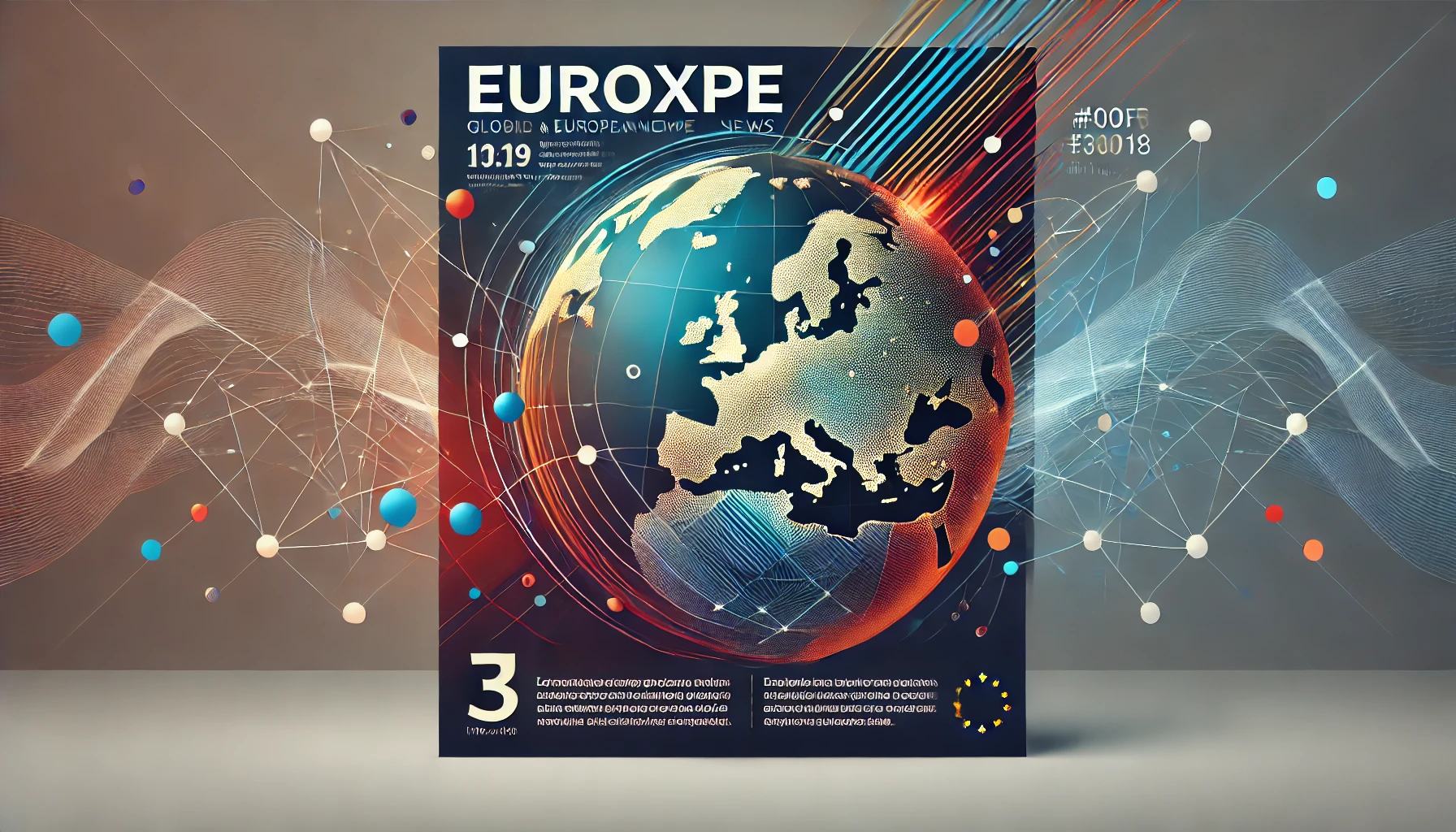In a significant legal victory, a Turkish citizen has successfully had his religion changed from Islam to Tengrism in official records, setting a remarkable precedent. The ruling comes after a lengthy legal battle with Turkey’s Directorate of Religious Affairs (Diyanet), and has sparked discussions around the recognition of ancient religions in modern Turkish society. This case marks the first time Tengrism has been officially recognised as a religion on a state-issued identity card.
The man behind this historic case, Burhanettin Mumcuoğlu, is a lawyer who first approached the authorities with a request to have his religion changed. The Interior Ministry, uncertain of how to handle this unusual request, sought Diyanet’s opinion on whether Tengrism qualified as a religion. Diyanet responded by stating that Tengrism “does not refer to a religion,” effectively denying Mumcuoğlu’s request.
Unwilling to accept this decision, Mumcuoğlu pursued the matter through the judicial system, filing an appeal that would eventually prove successful. The court ruled in his favour, allowing him to register as a follower of the Tengri religion on his national identity card. This ruling not only enables Mumcuoğlu to freely express his religious beliefs, but it also paves the way for others who may wish to officially identify with lesser-known belief systems, particularly those rooted in ancient Turkic traditions.
In a social media post following the court’s decision, Mumcuoğlu clarified his choice of the term “Tengri” over “Tengrism” or “Turkish Shamanism.” He explained that his intention was to highlight the spiritual and cultural practices that predate the arrival of Islam in Turkic history. “The aim,” he stated, “is to resist cultural degeneration and to reconnect with the beliefs of our ancestors.” His words resonated with many who feel a deep connection to Turkic heritage and ancient traditions.
Although the religious affiliation section has been removed from the visible part of Turkey’s new ID cards, the information is still stored digitally on the chip embedded in the cards. This means that while citizens are no longer required to display their religion publicly, it is still recorded for government purposes. This development raises important questions about the role of religion in personal identity and state records, particularly in a secular country like Turkey.
Tengrism, also known as Tengriism, is an ancient belief system rooted in central Asia, and is still practised by certain communities today. It is a complex religion that combines elements of monotheism, ancestor worship, and shamanistic rituals. Central to the belief is Tengri, the eternal sky deity, who governs all living things. Before the spread of Islam, Tengrism was the dominant religion among the Turkic peoples, including the Mongols. This case has reignited interest in these ancient traditions, many of which had been overshadowed by the dominance of Islam in the region.
The implications of this court ruling are wide-ranging. It not only challenges the current religious structure in Turkey but also encourages a more inclusive approach towards the recognition of alternative religions. For those who continue to practice or are drawn to Tengrism, the legal success of Burhanettin Mumcuoğlu is a major step toward broader acceptance and understanding. However, it remains to be seen whether this ruling will inspire others to come forward and seek official recognition for other traditional belief systems.
This landmark case highlights the evolving nature of religious identity in Turkey and raises important questions about freedom of belief. By allowing a citizen to officially identify with a belief system that predates modern religious norms, the Turkish courts have acknowledged the significance of religious plurality. As Turkey continues to grapple with its rich cultural and religious diversity, this ruling could serve as a blueprint for future cases.
This report is based on information sourced from various local news agencies.






[…] Turkish Citizen Wins Landmark Case to Register Tengrism in Official Records […]